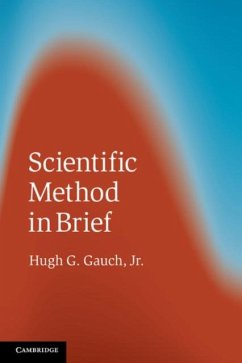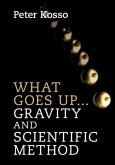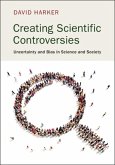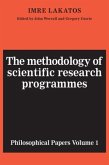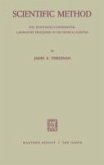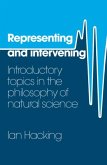The fundamental principles of the scientific method are essential for enhancing perspective, increasing productivity, and stimulating innovation. These principles include deductive and inductive logic, probability, parsimony and hypothesis testing, as well as science's presuppositions, limitations, ethics and bold claims of rationality and truth. The examples and case studies drawn upon in this book span the physical, biological and social sciences; include applications in agriculture, engineering and medicine; and also explore science's interrelationships with disciplines in the humanities such as philosophy and law. Informed by position papers on science from the American Association for the Advancement of Science, National Academy of Sciences and National Science Foundation, this book aligns with a distinctively mainstream vision of science. It is an ideal resource for anyone undertaking a systematic study of scientific method for the first time, from undergraduates to professionals in both the sciences and the humanities.
Dieser Download kann aus rechtlichen Gründen nur mit Rechnungsadresse in A, B, BG, CY, CZ, D, DK, EW, E, FIN, F, GR, HR, H, IRL, I, LT, L, LR, M, NL, PL, P, R, S, SLO, SK ausgeliefert werden.

